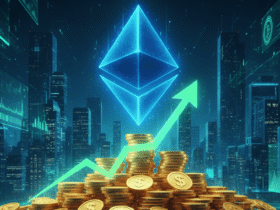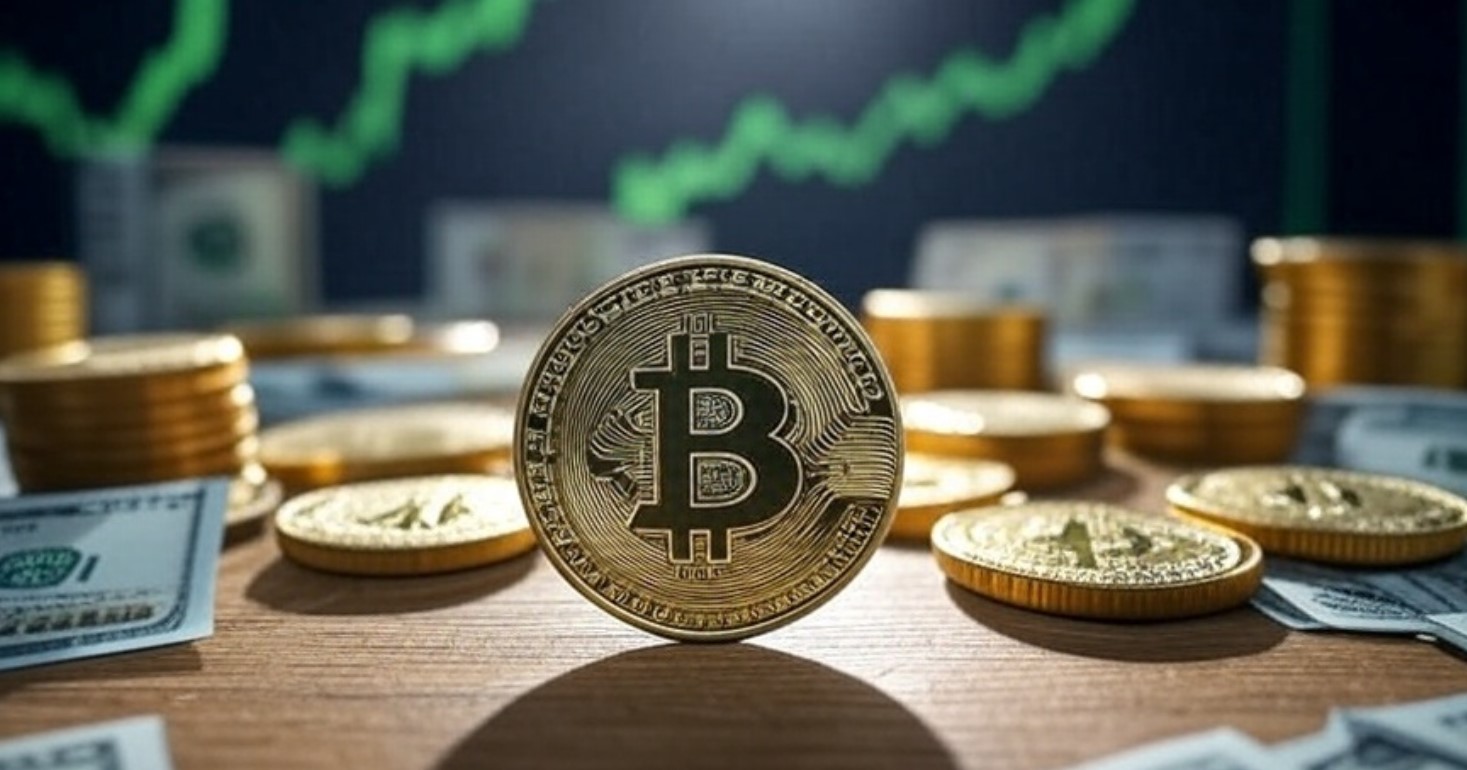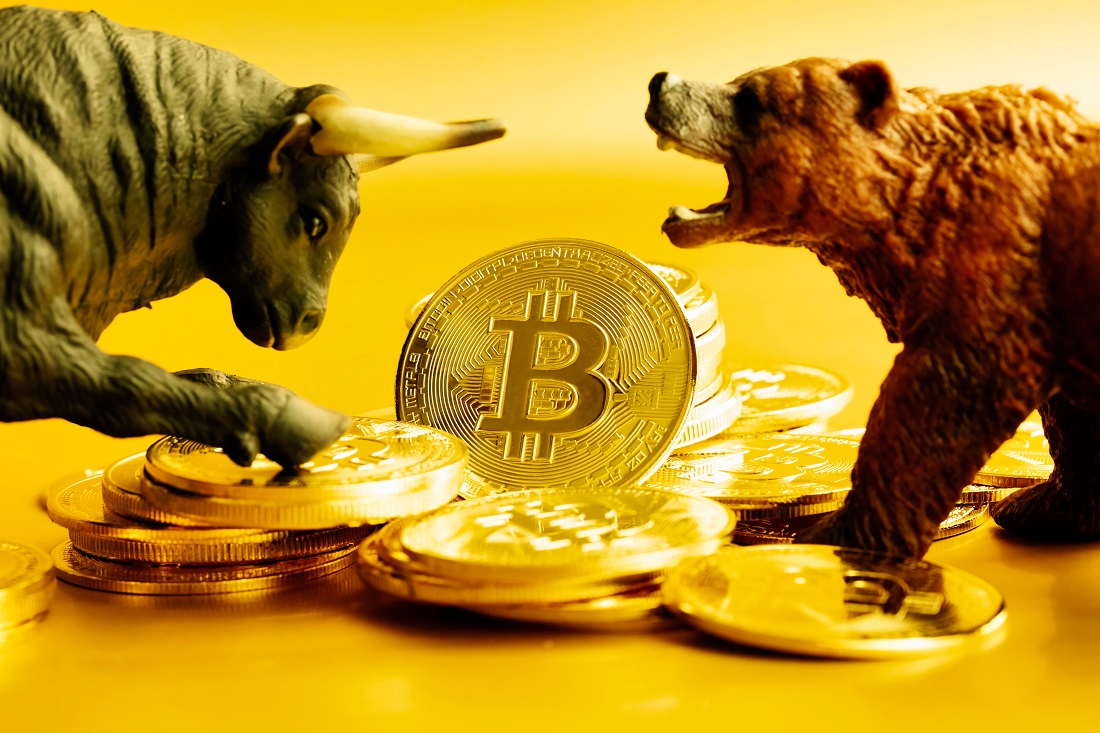The specialist maintains bullish expectations for bitcoin by 2025.
Warns that cryptocurrencies related to artificial intelligence will stand out in the next
According to the director of CoinEx, Pedro Gutiérrez, the price of bitcoin (BTC) could see a drop after the presidential elections in the United States. However, for next year, it sees a possible rise to 150,000 dollars (USD).
This was stated in an interview by CriptoNoticias on November 1 in Argentina during the 12th edition of LABITCONF, a Latin American conference on bitcoin, where Gutiérrez participated as a speaker.
In the conversation, we not only talked about the price of bitcoin, but also what classes of cryptocurrencies could see better performance and other various topics such as the adoption and regulation landscape that impacts CoinEx.
Founded in 2017, CoinEx is a cryptoasset trading platform based in Hong Kong, which operates in more than 200 countries around the world, including Latin America.
Below, you can read the complete interview we did with Pedro Gutiérrez, who works at CoinEx as the regional director for Latin America.

In which countries do you have the largest number of users?
Right now, in Latin America, our main market is Brazil. I believe that this is something popular, it is public, and all operators of the blockchain and crypto ecosystem know: Brazil has a gigantic adoption.
But, of course, one of our target markets is Argentina. And that is why we are here today at LABITCONF, the longest-running conference that the cryptocurrency ecosystem has worldwide, and we are very happy with the results.
We see that there is a much higher attendance even than what we saw last year. And definitely here we are, we continue investing. We are also always looking for personnel.
We are understanding how the market movements are with the decisions that the current government is making and we have very good expectations for next year of what may happen here in Argentina.
How do you see the regulations that were recently made for virtual asset service providers (PSAV) in Argentina at the regulatory level? Does this impact your company?
At the moment, it doesn’t impact. First, I’m going to give you a little bit of context. It is important, every time we talk about regulation, to always understand that the operator is going to be regulated, like what was recently done here. Those who work, those who sell digital asset services, etc. will always be regulated.
Because many times we make the mistake of saying that they are going to regulate cryptocurrencies or they are going to regulate bitcoin or they are going to regulate the blockchain. And that, first, is not appropriate and, second, it is not possible. You have to regulate the operation, the entrepreneur, the company, and it is something that is being done here.
We are very vigilant of what the government is doing. Brazil has much more advanced regulations. El Salvador also has much more advanced regulations. But in the meantime, CoinEx does not touch the fiat currency of the country and in any country yet from a direct point of view.
As long as that does not happen, we are not obliged to adhere to that regulation. The Argentine user can continue working with us, but as a company we are not obliged to do so.
However, taking into account that we know that this is an important point for growth within the country and within the region (as is Brazil… Colombia… which is also doing important exploration from a regulatory point of view), we are with our legal advisors in the country monitoring when we are going to take the step, we are going to start offering crypto-fiat services.
And at that point, of course, we will have to comply. But for the moment we remain vigilant, we continue waiting to see how the issue progresses.
Because Coinex has been characterized, during the 7 years it has been a company, of making very organic, very thoughtful decisions. And that is why we are one of the most solid exchanges on the market right now.
Since you have a slightly broader view of Latin America, what do you think regulation should be so as not to scare away innovation?
Look, first let’s go to the basics of the exchange, that I make an exchange and there is a small fee of the exchange. When the regulation comes into effect, you have to find a way to only capture profits for the exchange first.
But, on the other hand, this regulation will open the door, for example, for the AFIP in Argentina, to directly contact the user, as Spain is doing, and call the user to say “you have so many bitcoins and you owe me so much.” ”.
I think that regulation must be very well accompanied by understanding the ecosystem that “well, I’m going to charge you when you monetize fiat.” If you have a bitcoin and the bitcoin rose to a million dollars, the AFIP cannot come tomorrow to tell you “you bought it for 70,000, you owe me 930,000 dollars,” because you have not monetized it.
Although you must declare it, they must know that there must be a monetization process for the moment in which you say “I am going to lower it to pesos.” It is very important that this be known.
Because in Colombia it has happened, without giving very specific examples, that when the DIAN discovers that you have made many operations with cryptocurrencies, they want to collect directly from the operation. And we know very well that what intermediation produces is cents, that is, very low percentages are produced, below USD 1 inclusive.
So, the regulator must have a very good understanding. That is why we are very vigilant that this goes well. I think the regulator still needs to mature a lot. Even after the first launch, you have to understand how it works.
I think that the ideal is that: that first, of course, is the exchange, with very clear rules so that the exchange says “well, this is so expensive that it is not convenient for me to be here or I have to raise my rate a lot, which “That’s going to put me out of the market.”
And, on the other hand, the user should feel calm and not be looking for how to avoid the tax. On the contrary, you should feel calm, because if the growth of the market produces a profit for me, when I monetize, then I can go buy two houses if I can. But what happens? If you have 1 bitcoin today and it goes up to a million dollars, what will happen if you go to your bank and put the million dollars in it? He’s going to say “where did you get that from?” So [en un escenario así] If bitcoin went up, there will immediately be account blocks, suspicions of money laundering, etc.
And currently, in which crypto assets are you seeing the most interest from your users?
In bitcoin, of course. Bitcoin, by far, is the digital asset that moves the most money. I think it’s not just on CoinEx, I think it’s on all exchanges.
And of course, after that, stablecoins. People, and in Argentina it is not a secret, seek to protect themselves from inflation and try (those who have the knowledge, those who have the tools) to move and be in stablecoins so that, in some way, they can have their money more available in dollars, protect yourself, etc.
Speaking more about markets, in each bitcoin cycle there is usually an altseason. Do you think that’s about to happen or do you see this cycle differently?
I think not yet because we have not seen the bullrun end of bitcoin. So until we see the bullrun end of bitcoin (which I think is going to be next year, at some point next year) is when we are going to see a bullrun big from altseason.
I think that, obviously, at some point when bitcoin rests, there is always a small altseason. But the big one, the one we’ve always been used to in the last few cycles, I think is going to come after the big one. bullrunwhen you do the all-time high (ATH), which from my point of view could be between USD 100,000 and USD 150,000.
And from then on it stabilizes and there is an altseason. Afterwards we already know that a big setback is going to come, so we have to be very well prepared for that.
What assets do you think are going to stand out in this cycle, in that altseason?
The assets that I am sure are going to take on a very important role are those projects that already include artificial intelligence capabilities. We are also seeing that from the exchange. We are putting a very important eye on this.
All those natural projects that we know (I’m not going to name so as not to mention brands, but we already know a lot about those of us who are in the ecosystem) that are 5 or 6 years old, projects that are very good, that have real use cases, etc. those are going to go up.
But I think that those that are going to give those crazy increases, those crazy percentages, are the tokens that they have that have artificial intelligence included within their project, that interact with blockchain, that can make decisions on its own.
That’s where I think the next wave is going to come: these projects that lately we are seeing more and more entering the market.
So when do you think the peak of this cycle is going to be? Next year?
Yes, next year. I’m completely sure, almost sure, because sometimes they accuse you of, you know…, of guessing, and this could basically be a guess or not.
But I would believe that, due to market cycles, from the point of view of technical analysis, and today from the point of view of fundamentals, what is happening geopolitically that also impacts the market, without a doubt, from my point of view. Look, it’s next year.
At some point next year, I don’t know if in January, I don’t know if in December. More towards the middle of the year, I might think.
In the short term, there is the US election, something the market is paying attention to. How do you think the price may react to a victory for Harris or Trump?
It is very difficult to know because in the ecosystem we have become accustomed to buying on rumor and selling on news. So, it is very likely that whoever wins, the price of bitcoin will drop a little. That would be my answer.
Those who bought are already prepared, they are already winning. With the elections, it is about to reach USD 75,000-76,000. And when the elections are, the intelligent ones are eliminated. That’s why I tell you: those of us who have time in the ecosystem, [sabemos que] They buy the rumor and sell the news. The news is who won: Kamala or Trump?
In the long term, I think Trump will be better off than bitcoin. But, it is already a different type of issue, well political.






Leave a Reply